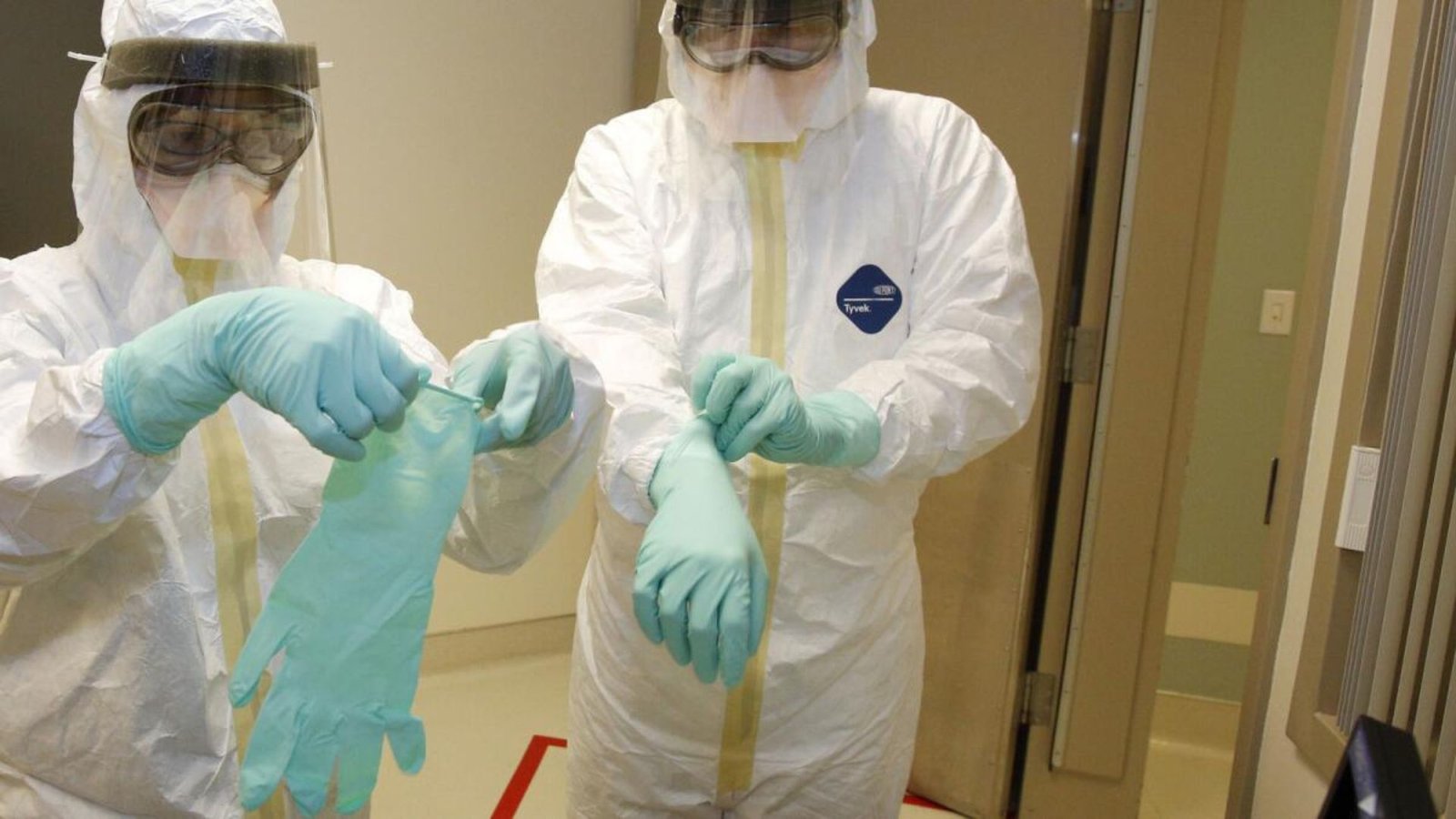
As the healthcare industry grows, so does the challenge of managing medical waste safely and efficiently. Innovations in medical waste treatment and processing are crucial for reducing environmental impact and protecting public health. In this blog post, we will explore some of the latest advancements in medical waste management.
1. Advanced Thermal Treatment Technologies
Thermal treatment methods, such as incineration, have long been used to dispose of medical waste. However, recent innovations have made these processes more efficient and environmentally friendly.
Plasma Gasification
Plasma gasification is a cutting-edge technology that uses high temperatures and plasma energy to convert medical waste into syngas, a clean energy source. This process significantly reduces the volume of waste while minimizing harmful emissions. Additionally, it can generate energy, making it a sustainable option for waste treatment.
Improved Incineration Systems
Modern incinerators now include advanced air pollution control systems that reduce harmful emissions. These systems use filters and scrubbers to capture toxins, ensuring that the air released is safe and compliant with environmental regulations.
2. Autoclaving Innovations
Autoclaving, or steam sterilization, is a widely used method for treating infectious medical waste. Recent innovations have enhanced the effectiveness of this process.
Continuous Feed Autoclaves
Continuous feed autoclaves allow for the ongoing processing of waste, improving efficiency. These systems can handle larger volumes of waste and reduce downtime, making them ideal for busy healthcare facilities.
Smart Autoclaves
Smart autoclaves are equipped with monitoring technology that provides real-time data on temperature, pressure, and cycle time. This ensures that the sterilization process is effective and compliant with safety standards.
3. Chemical Treatment Technologies
Chemical treatment methods are increasingly being used to neutralize hazardous medical waste. Innovations in this area focus on improving safety and efficiency.
Advanced Neutralization Techniques
New chemical formulations allow for the safe neutralization of hazardous waste, such as pharmaceuticals and cytotoxic drugs. These treatments can render waste non-hazardous, making disposal easier and safer.
On-Site Chemical Treatment Systems
Portable chemical treatment systems enable healthcare facilities to neutralize waste on-site. This reduces transportation risks and allows for immediate processing, improving overall safety.
4. Biological Treatment Methods
Biological treatment methods harness the power of microorganisms to break down organic waste. Recent advancements have made these processes more efficient.
Enhanced Bioremediation
Bioremediation techniques are being refined to target specific types of medical waste, such as infectious materials. Researchers are developing specialized microorganisms that can effectively degrade harmful substances, reducing waste volume and toxicity.
Composting Medical Waste
Innovations in composting technologies are allowing for the safe treatment of non-hazardous organic waste, such as food waste generated in healthcare facilities. By diverting this waste from landfills, composting contributes to sustainability efforts.
5. Waste-to-Energy Technologies
Waste-to-energy (WTE) technologies are gaining traction as a solution for managing medical waste while generating energy. These systems convert waste into usable energy through various processes.
Anaerobic Digestion
Anaerobic digestion is a biological process that breaks down organic waste in the absence of oxygen. By integrating anaerobic digestion into medical waste management, healthcare facilities can reduce waste while generating energy.
Gasification
Gasification technology converts organic materials into syngas through high-temperature processes. This innovative method not only reduces waste volume but also produces energy that can be used to power facilities.
6. Digital Solutions and Automation
Digital technologies and automation are transforming medical waste management by improving tracking and efficiency.
Smart Waste Tracking Systems
Innovative tracking systems use RFID technology to monitor medical waste from generation to disposal. These systems enhance accountability and ensure compliance with regulations.
Automated Waste Sorting
Automated sorting technologies use advanced sensors and AI to classify medical waste accurately.
Conclusion: A Safer, Sustainable Future
In conclusion, innovations in medical waste treatment and processing are paving the way for safer and more sustainable healthcare practices. From advanced thermal treatments to smart tracking systems, these technologies enhance efficiency and protect public health.
As the healthcare industry continues to evolve, embracing these innovations will be essential for effective waste management. By investing in new technologies, we can ensure a cleaner, safer future for our communities and the environment. Together, we can tackle the challenges of medical waste management and promote a sustainable healthcare system.




